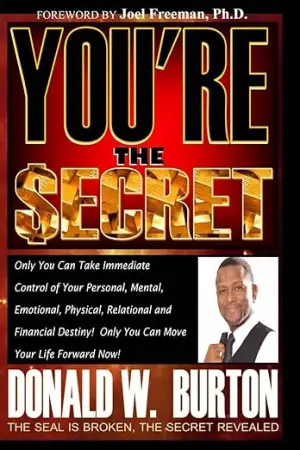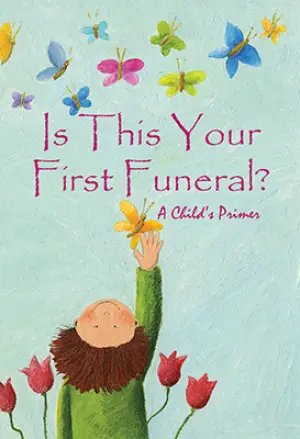Book Review: Die Broke by Stephen Pollan
As someone who delves deeply into personal finance literature, I was intrigued by Die Broke, especially having read glowing remarks about its unconventional approach. The book describes itself as a guide presenting a “new and utterly sane financial choice,” which caught my attention. In a world filled with retirement plans and savings for future generations, the idea of embracing a philosophy that encourages you to spend your wealth wisely while living is refreshing and thought-provoking.
Pollan outlines four pivotal steps: Quit Today, Pay Cash, Don’t Retire, and Die Broke. His assertion that “life is a game where the loser gives his money to Uncle Sam at the end” resonates deeply, provoking thoughts about the conventional trap we’ve all been taught to follow. Pollan suggests accepting oneself as a free agent rather than a mere employee, an idea that I found liberating. The notion that true financial freedom lies not in accumulating wealth to leave behind, but rather in enjoying life to the fullest, is both compelling and liberating.
One of the greatest strengths of Die Broke is its ability to challenge long-standing societal norms about retirement. Many readers, including A.V. Planinc, echoed this sentiment, mentioning that the modern approach to work, especially among Baby Boomers, is misaligned with today’s reality. The fear of dying broke, while daunting, is painted not as a failure but as a way to leave behind a legacy of experiences—something I wholeheartedly agree with.
However, the book does come with its drawbacks. Several readers noted that some concepts felt dated, a sentiment echoed by K. Klein, who mentioned the need for an update to better reflect today’s financial landscape, especially given the advancements in technology and modern banking practices. While Pollan’s core philosophies are timeless, the examples and specific financial tools may feel disjointed in our current digital age.
Another critique I noted was from J. Davies, who argued that the book seems tailor-made for a U.S. Baby Boomer audience, potentially alienating readers from diverse backgrounds or situations. While the overarching principles are certainly applicable to many, the emphasis on home ownership and established financial norms can leave some readers feeling out of touch with their own experiences.
In summary, Die Broke is not just another personal finance book, but rather a manifesto to rethink how we perceive wealth and its purpose in our lives. While its philosophies invigorate discussions on financial freedom and living in the present, it would benefit greatly from a contemporary lens that speaks to today’s realities. The juxtaposition of living fully against the fear of dying broke might feel radical to some, but it’s essential in an era where financial literacy is more important than ever.
In conclusion, Die Broke is a thought-provoking read that challenges conventional ideas about money, retirement, and legacy. I wholeheartedly recommend it for anyone looking to rethink their financial philosophy and is open to exploring a more liberated approach to money management. If you keep an open mind and are willing to adapt some of its insights to your personal circumstances, you may find this book to be a valuable addition to your financial toolkit.








